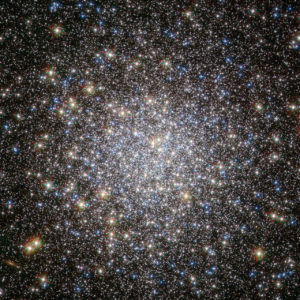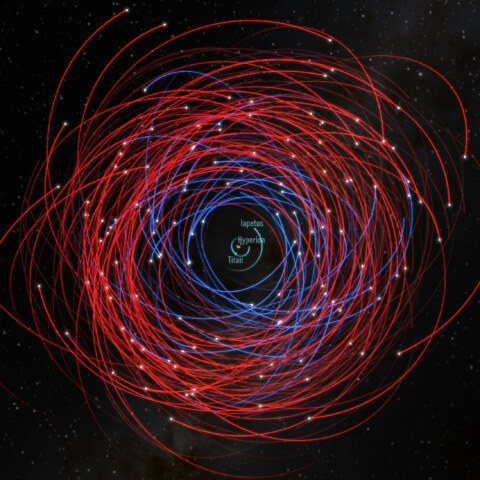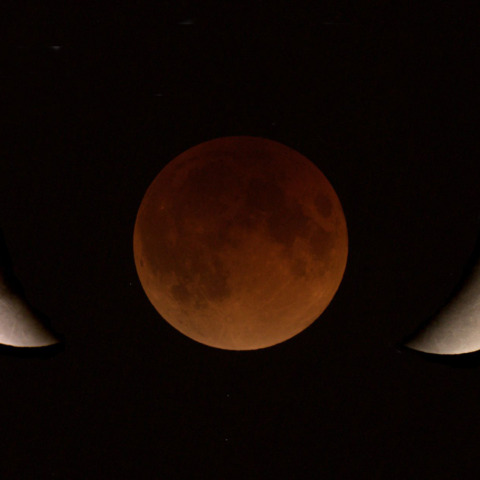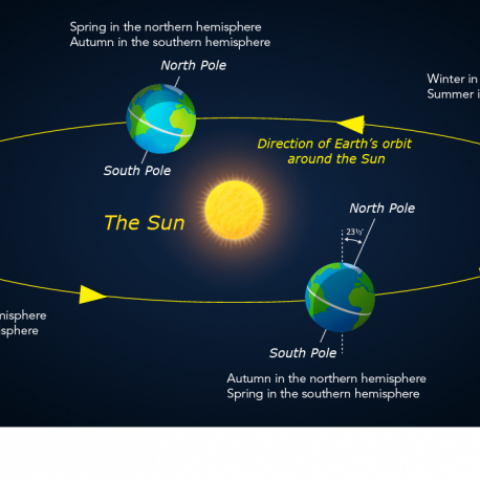Of the grand order of folio leviathans, the Sperm Whale and the Right Whale are by far the most noteworthy. They are the only whales regularly hunted by man. To the Nantucketer, they present the two extremes of all the known varieties of the whale. As the external difference between them is mainly observable in their heads; and as a head of each is this moment hanging from the Pequod's side.

Favorite Astronomy Links
I am often asked about what astronomy websites people (especially beginners in astronomy) should go to for exploring the universe further. You can find some of my suggestions for specific topics on the web page that lists astronomy resource guides that I prepare. Here I present some general links I have found especially useful. These include astronomy and education organizations that I have personally been involved with, sites where you can find beautiful astronomical images, places where the public can ask astronomers a question, and more. I hope these links will lead you to many discoveries in the realms beyond Earth. — Andrew Fraknoi
Organizations I Am Involved with that Have Websites for the Public:
- The Astronomical Society of the Pacific (founded in 1889, this international scientific and educational organization is devoted to helping everyone to share the excitement of our exploration of the universe): http://www.astrosociety.org
- The SETI Institute is a science and outreach organization dedicated to the study and discovery of life in the universe: http://www.seti.org
- The Silicon Valley Astronomy Lectures are popular-level talks by noted astronomers from around California and the country, professionally video-taped, and available on YouTube: http://youtube.com/SVAstronomyLectures
- The University of California’s Lick Observatory, which went into operation in 1888, was the first mountain-top observatory in the U.S. It is still doing cutting-edge research, developing new instruments, and serves as a tourist destination near San Jose: https://www.ucolick.org/main/index.html
- The Committee for Skeptical Inquiry is a national group of skeptics with wonderfully rational information about debunking pseudosciences, such as astrology, UFO’s as alien spaceships, cosmic doomsdays, etc.: https://www.csicop.org/
- The Royal Astronomical Society of Canada brings together scientists and amateur astronomers in what is both a regional and national organization in different parts of Canada: https://www.rasc.ca/
- The American Astronomical Society is the professional organization for astronomers in the U.S. Most of their website is designed to enhance communication among research scientists, but the section of their website on public outreach has information of interest to school teachers, students, and the public. See https://aas.org/education/outreach
A Few Sites for Finding Beautiful Astronomy Images:
- Astronomy Picture of the Day: http://apod.nasa.gov (Two space scientists scour the internet and select one “sexy” astronomy image, taken by professional or amateur astronomers, to feature each day. Note search and calendar buttons near the bottom.)
- Hubble Space Telescope images: https://esahubble.org/images/ (You can select among thousands of Hubble pictures by subject here.)
- National Optical-Infrared Astronomy Research Laboratory Image Gallery: https://noirlab.edu/public/images/ (This archive shows images taken with the many telescopes that are part of our national observatories; organized by categories.)
- NASA’s Planetary Photojournal: https://photojournal.jpl.nasa.gov/index.html (This site features thousands of images from NASA’s planetary exploration, with captions of varied length. Click on a world, or use the search button on the top menu.)
- James Webb Space Telescope images: https://esawebb.org/images/ (Check out the wonderful images coming from this new telescope that observes a universe of infrared light (heat-rays,) which can look dramatically different from what our eyes and regular telescopes reveal.)
Web Sites for Asking Questions about Astronomy
- Ask an Astronomer at Lick Observatory: http://www.ucolick.org/~mountain/AAA/
Graduate students and staff members at this California observatory answered selected astronomy questions, particularly from high school students. - Ask an Astronomer for Kids: http://coolcosmos.ipac.caltech.edu/cosmic_kids/AskKids/index.shtml
A site that was run by Caltech’s center for infrared astronomy; it let kids submit questions and read the answers to questions other kids have asked. Does not accept new questions. - Ask the Astronomer: http://www.astronomycafe.net/qadir/qanda.html
This site, run by astronomer Sten Odenwald, is no longer active, but lists 3001 answers to questions asked in the mid-1990’s. They are nicely organized by topic. - Ask the Experts at PhysLink: http://www.physlink.com/Education/AskExperts/index.cfm
Lots of physics questions answered, with some astronomy as well, at this physics education site. Most answers are by physics teachers, not astronomers. Still taking new questions. - Curious about Astronomy: http://curious.astro.cornell.edu
An ask-an-astronomer site run by graduate students and professors of astronomy at Cornell University. Has searchable archives and is still answering new questions. - Ask a High-Energy Astronomer: http://imagine.gsfc.nasa.gov/docs/ask_astro/ask_an_astronomer.html
Questions and answers at NASA’s Laboratory for High-Energy Astrophysics focus on x-ray and gamma-ray astronomy, and such objects as black holes, quasars, and supernovae. - Ask an Infrared Astronomer: http://coolcosmos.ipac.caltech.edu/cosmic_classroom/ask_astronomer/faq/index.shtml
A site from the California Institute of Technology, with an archive focusing on infrared (heat-ray) astronomy and the discoveries it makes about cool objects in the universe. No longer taking new questions.
A Few Other Astronomy Websites I Recommend
- The Planetary Society was founded by the late Carl Sagan and others, and works to encourage planetary exploration and the search for life elsewhere. While much of their work is advocacy, they have some educational outreach too. http://www.planetary.org
- The Night Sky Network of amateur astronomy clubs that do astronomy outreach is run by NASA and the Astronomical Society of the Pacific. Find a club near you here: http://nightsky.jpl.nasa.gov/club-map.cfm
- Astronomy Magazine has the largest circulation of any magazine devoted to the universe and is designed especially for astronomy hobbyists and armchair astronomers. Their site feature many sections on the hobby of astronomy and on things you can do to become involved: http://www.astronomy.com
- Sky & Telescope Magazine is an older and somewhat higher-level magazine for astronomy hobbyists. Many noted astronomers write for them. Their site is especially rich in observational guides, software and equipment reviews, and lists astronomy clubs around the country: http://skyandtelescope.com
- Stellarium is a free, open-source program (app) for computers that lets you display the night sky, from anywhere at any time. It’s like having a planetarium on your computer: http://www.stellarium.org/
- Astronomy is a free, on-line, open-source introductory textbook, that explains our modern view of the universe in everyday language. I am the lead author on this non-profit publishing project from OpenStax (at Rice University): https://openstax.org/details/books/astronomy-2e





